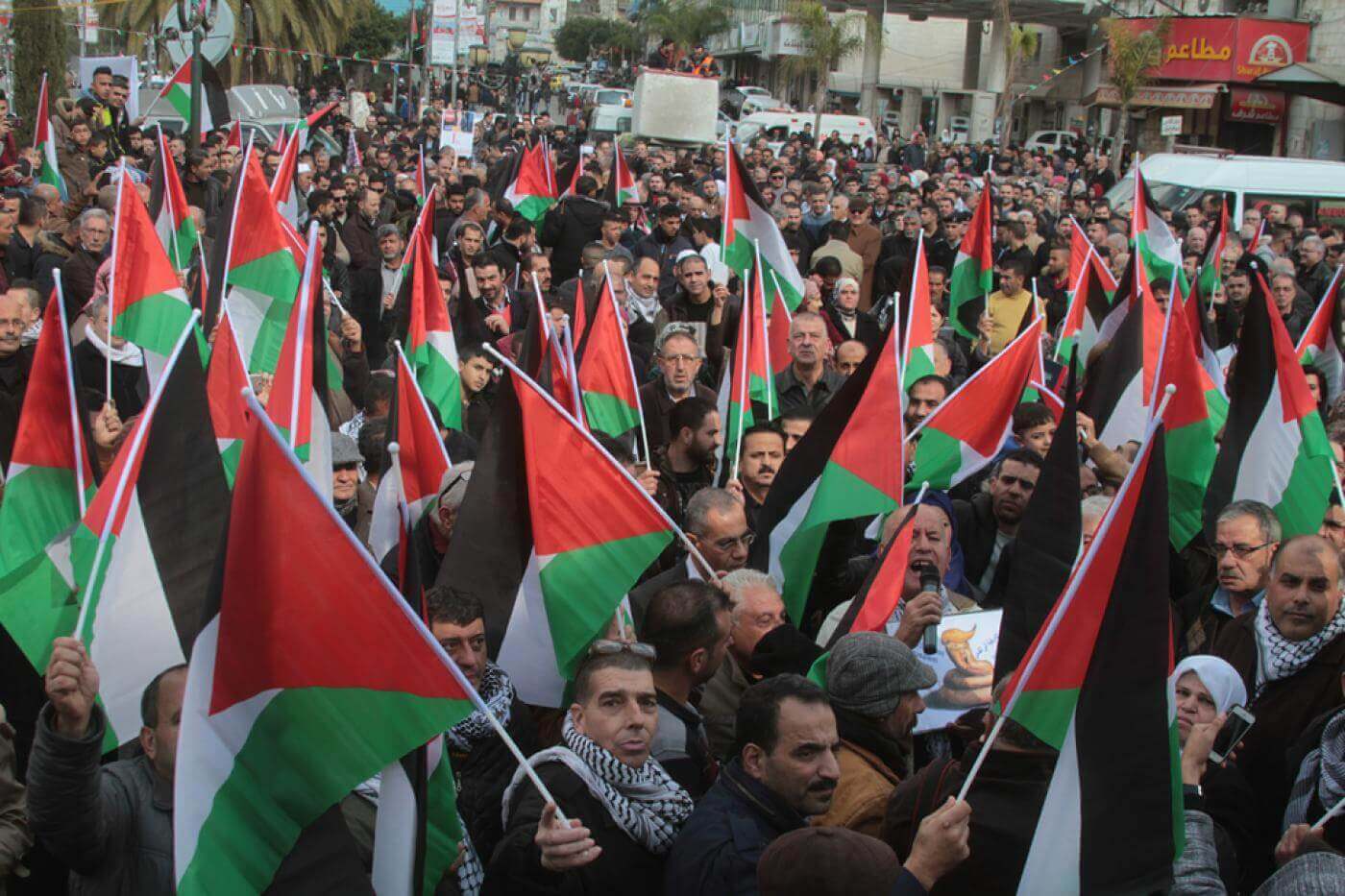On Tuesday, envoys of the Middle East Quartet—which is comprise of the United States (US), Russia, the European Union (EU), and the United Nations (UN)—held a virtual meeting to discuss ways to revive “meaningful negotiations” between Israel and Palestine, including “tangible steps to advance freedom, security, and prosperity for Palestinians and Israelis.” This was the Quartet’s first meeting since US president Joe Biden took office.
The talks were held in the midst of Israel conducting its fourth general election in just two years. Israeli Prime Minister Benjamin Netanyahu, who has been in office for more than 14 years, has repeatedly threatened to unilaterally annex parts of the West Bank into Israel. On the other hand, militant group Hamas continues to launch rockets into civilian areas in Israel, most recently in Beersheba during the Israeli election. However, members of the Quartet urged both Israel and Palestine on Tuesday to “refrain from unilateral actions that make a two-state solution more difficult to achieve.”
The Israeli-Palestine peace process has been fraught with complications over the years, which were significantly exacerbated during former US President Donald Trump’s term in office. Trump unilaterally recognised Jerusalem as the capital of Israel and introduced a peace initiative titled ‘Peace to Prosperity’, without consulting the Palestinians, and which blatantly sought to serve only Israeli interests. These moves unsurprisingly sparked widespread anger among Palestinians while also threatening to propel the region into further chaos. President Biden, however, has called for a more bipartisan approach to the region, with the new administration looking to engage with the Palestinians directly.
The Quartet also discussed the “situation on the ground” in the context of the COVID-19 pandemic while also pointing out the “unsustainable” economic disparity between Israelis and Palestinians. Israel, which has emerged as a leader in the global COVID-19 vaccination effort, had initially delayed vaccine shipments to the Palestinian Territories, leading to a major lag in Palestine’s vaccination efforts; the Palestinian Territories of West Bank and the Gaza Strip, have largely been dependent on the World Health Organization’s COVAX programme for vaccines.
The discussions held by the Quartet can be seen as an effort to bring both Israel and Palestine back to the negotiating table. However, there needs to be a concerted effort by the international community, which should include all major stakeholders from the region and beyond, if negotiations are to be taken seriously.
Middle East Quartet Discusses Revival of Israel-Palestine Peace Talks
The countries urged both Israel and Palestine to “refrain from unilateral actions that make a two-state solution more difficult to achieve.”
March 25, 2021

SOURCE: MOHAMMAD TURABI/MIDDLE EAST EYE
